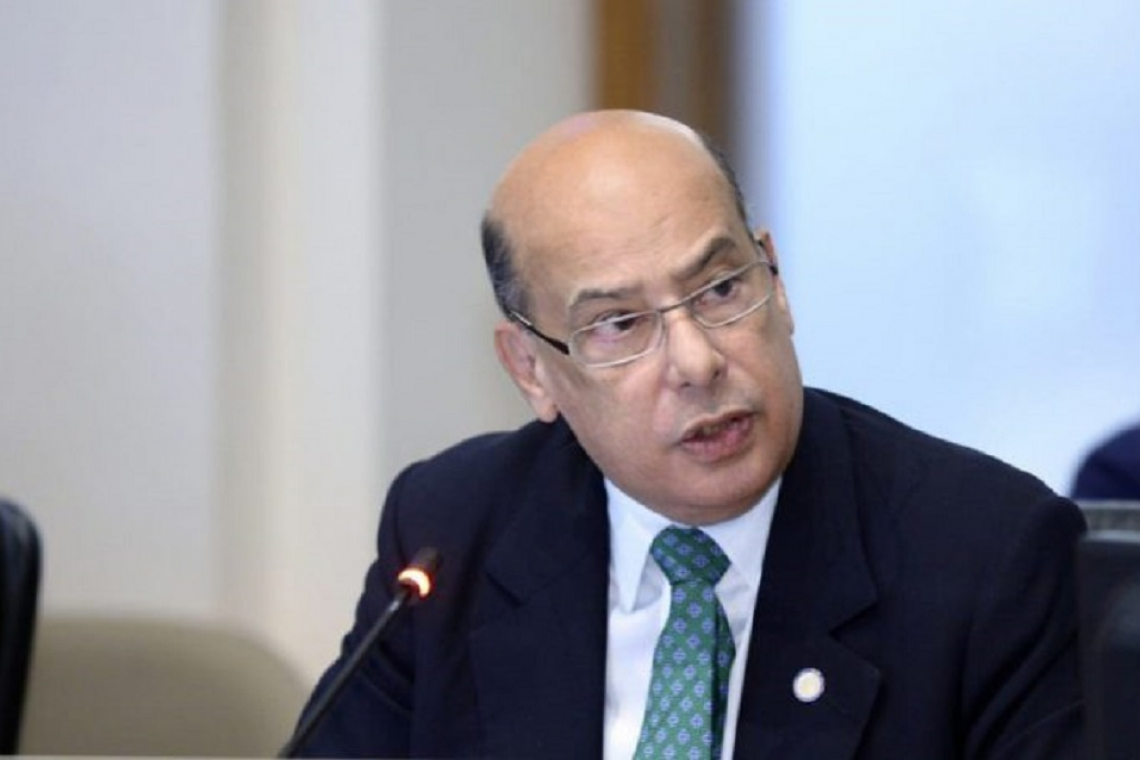CARICOM insists on equitable distribution of COVID vaccines
From The Daily Herald sx

WASHINGTON, DC–In a rare display of unity, the fourteen independent Caribbean Community CARICOM states insisted on Wednesday on the equitable distribution of COVID-19 vaccines.
A resolution which CARICOM sponsored was adopted by the Permanent Council of the Organization of American States (OAS) by acclamation.
The resolution was presented on behalf of CARICOM by Antigua and Barbuda’s Ambassador, Sir Ronald Sanders, who was the architect of the original resolution and the chief negotiator for its adoption along with Trinidad and Tobago’s Ambassador Anthony Phillips-Spencer, Chair of the CARICOM caucus.
Speaking for CARICOM, Ambassador Sanders told the OAS that its 34 member states accounted for 45 per cent of the infected cases and 48 per cent of the deaths globally. “That is almost half the global number of infected cases and nearly half the number of deaths in the world.”
The ambassador added, “Those figures alone should give each of us – and all of us – every good reason to be gravely troubled about the damaging effects of the COVID-19 pandemic on the health and well-being of our peoples. In many – if not all – our countries, our hospitals are finding it enormously difficult to cope.”
Sir Ronald explained that while the majority of developing states, including in Latin America and the Caribbean, are still without stocks of vaccines, “some developed countries have ordered vaccines, in one case five times the size of its population, and are hoarding them, at a time when they are desperately needed throughout the world.”
Ambassador Sanders cited studies which indicate that some of the world’s rich nations, representing only 15 per cent of the global population, have bought 60 per cent of the available vaccines.
He said, “The world will not survive if 15 per cent of the world holds for itself 60 per cent of vaccines, and 85 per cent of the people must struggle for an equitable share.”
Presenting grim figures for the member states of the OAS, Sanders emphasised that only two counties have managed to give one shot of vaccines to more than 10 per cent of their populations. The countries are the US at 12 per cent and Chile at 10 per cent.
He revealed that only three other countries have inoculated more than one per cent of their people, but “none of the remaining 29 member states have sufficient vaccines to inoculate more than 0.95 per cent of their people.”
The Antigua and Barbuda diplomat also warned wealthy countries that “even if they are fully vaccinated by the middle of this year, and poor countries remain largely shut out, the global economy would suffer losses exceeding US $9 trillion, a sum greater than the annual output of Japan and Germany combined.” “No one will benefit,” he said; “We are truly all in this together.”
The resolution called for a scaling-up of production by the main vaccine-producing countries; faster distribution of the vaccines and low-cost financing from international financial institutions so that developing countries can buy needed stocks. It also expressed grave concern about inequitable access and distribution of vaccines.




